The National Testing Agency will conduct the CSIR NET physics exam in December 2026 (tentatively). As physics is a comparatively difficult subject, candidates must focus on this article covering the detailed physics syllabus, exam pattern, and preparation strategy.
Table of Contents
The syllabus of the CSIR NET physics exam 2026 includes sections on mathematical methods of physics, classical mechanics, electromagnetic theory, quantum mechanics, and more. The Council for Scientific and Industrial Research (CSIR) will conduct the CSIR NET physics exam in December 2026 (tentative). The difficulty level of the CSIR NET physics syllabus is most likely to be moderately difficult.
Candidates can check the detailed CSIR NET physics syllabus below for better clarity on the exam pattern, preparation strategy, and unit-wise bifurcation of topics. The CSIR NET 2026 serves as the gateway for candidates willing to pursue their careers as a physical science researcher or lecturers.
This article covers information about the CSIR NET physics syllabus 2026 along with book recommendations, preparation tips, and exam pattern.
| CSIR NET Reference Books | CSIR NET Previous Year Question Paper |
CSIR NET Physics Syllabus 2026 PDF Free Download
Candidates can download the free CSIR NET physics syllabus PDF 2026 for their reference. The direct link for the PDF is given below.
| Particulars | Details |
| CSIR NET Physics Syllabus PDF Free Download | Download Here |
Also Read: CSIR NET Notification
CSIR NET Physics Syllabus 2026 Topic-Wise
Most STEM-based subjects tend to have exhaustive syllabi, so we’ve broken down the CSIR NET physical science syllabus 2026 for students. It is available in comprehensive tables so that the students understand what to focus on.
CSIR NET Physics Syllabus Part A
Listed below is the detailed CSIR NET physics syllabus 2026 for Part A:
1. Graphical Analysis & Data Interpretation
- Table
- Mean, Median, Mode
- Line & Bar Chart
- Measures of Dispersion
- Graph
- Pie-chart
2. Reasoning
- Ranking and Arrangement
- Direction and Distance
- Series Formation
- Coding and Decoding
- Clock and Calendar
- Puzzle
3. Numerical Ability
- Compound and Simple Interest
- HCF and LCM
- Proportion and Variation
- Permutation and Combination
- Time and Work
- Geometry
CSIR NET Physics Syllabus Part B and C
Listed below is the detailed CSIR NET physics syllabus 2026 for Part A:
Core Topics
These are topics that are considered the most essential as far as the syllabus for CSIR NET goes. The student must put almost all of their focus on deeply understanding the related information if they want to maximize their performance in the examination.
Mathematical Methods of Physics
- Dimensional analysis
- Vector algebra and vector calculus
- Linear algebra, matrices
- Cayley-Hamilton theorem
- Eigenvalues and Eigenvectors, functions (Hermite, Bessel, Laguerre, Legendre)
- Fourier series, Fourier and Laplace transform Taylor and Laurent series, elementary probability theories, distributions (binomial, Poisson, normal)
- Central limit theorem
- Differential equations of first and second orders, complex analysis, analytical functions, poles, residues, and evaluations of integrals.
Classical Mechanics
- Newton’s laws of motion
- Dynamical systems, phase-space dynamics
- Stability analysis
- Theories of relativity (Lorentz transformations, relativistic kinematics, mass-energy equivalence)
- Conservation laws and cyclic coordinates, periodic motions (oscillations and normal modes)
- Generalized coordinates, rigid body dynamics (moment of inertia tensor, non-inertial frames, and pseudo-forces), variational principle
- Lagrangian and Hamiltonian formalism and equations of motion.
Electromagnetic Theory
- Electrostatics and its applications
- Laplace and Poisson equations
- Boundary value problems
- Magnetostatics, electromagnetic induction, free space and linear isotropic media
- Scalar and vector potentials
- Fresnel’s law, interference, coherence, diffraction, gauge invariance, electromagnetic waves, dielectrics, and conductors
- Reflection and refraction
- Polarisation
- Dynamics of charged particles in static fields
- Uniform electromagnetic fields.
Quantum Mechanics
- Wave-particle duality
- Eigenvalue problems (particle in a box, harmonic oscillator, etc), wave-function in coordinate and momentum representations, commutators and Heisenberg uncertainty principle
- Motion in a central potential
- Orbital angular momentum, angular momentum algebra, spin, the addition of angular momenta,
- Time-dependent/independent perturbation theory and applications, variational methods
- Fermi's golden rule
- Pauli exclusion principle
- Stern-Gerlach experiment
- Dirac notation for state vectors
- Schrödinger’s equation (time dependency and independence), selection rules, identical particles, and spin-statistics connection.
Thermodynamics and Statistical Physics
- Laws of thermodynamics, their consequences, and potentials (Maxwell relations, potential equilibria, chemical potential)
- Canonical ensembles and their types, partitional functions, phase space and states, free energy, classical and quantum statistics
- Black body radiation
- Planck’s distribution law, the principle of detailed balance, ideal Bose and Fermi gasses.
Electronics and Experimental Methods
- Semiconductor devices, device structure, characteristics, frequency dependence and applications
- Optoelectronic devices, operational amplifiers and their applications
- Digital techniques and applications
- A/D and D/A converters, microprocessors, and microcontrollers
- Data interpretation and analysis
- Precision and accuracy
- Propagation and analysis of errors
- Least-square fittings.
Advanced Topics
Here are the advanced topics in the CSIR NET physics syllabus 2026 to check students' understanding of different scientific concepts and their application.
Mathematical Methods of Physics
- Green’s function, partial differential equations, elements of computational techniques
- Simpson’s rule, solution of the first-order differential equation using the Runge-Kutta method.
- Finite difference methods, tensors, introductory group theories.
Classical Mechanics
- Dynamical systems, phase space dynamics, stability analysis
- Poisson brackets, canonical transformations, symmetry, invariance and Noether’s theorem
- Hamilton-Jacobi theory.
Electromagnetic Theory
- Dispersion relations in plasma
- Lorentz invariance of Maxwell’s equation
- Transmission lines and waveguides
- Radiation- from moving charges and dipoles and retarded potentials.
Quantum Mechanics
- Spin-orbit coupling, fine structure
- WKB approximation, elementary theory of scattering
- Relativistic quantum mechanics (Klein-Gordon and Dirac equations), the semi-classical theory of radiation.
Thermodynamic and Statistical Physics
- First/second-order phase transitions, types of magnetism, Ising model
- Bose-Einstein condensation, diffusion equation, random walk and Brownian motion
- Introduction to nonequilibrium processes.
Electronics and Experimental Methods
- Linear and nonlinear curve fitting
- Chi-square test, transducers, measurement and control, signal conditioning and recovery
- Impedance matching, amplification
- Filtering and noise reduction
- Shielding and grounding
- Fourier transforms lock-in detectors, box-car integrators, modulation techniques, and high-frequency devices.
Atomic & Molecular Physics
- Quantum states of an electron, electron spin, electron spin resonance
- The spectrum of helium and alkali atom
- Optical pumping
- Population inversion, rate equation, modes of resonators, and coherence length
- Relativistic corrections for energy levels of hydrogen atoms
- Hyperfine structures, and isotopic shifts
- Width of spectral lines, LS & JJ couplings, nuclear magnetic resonance, chemical shift
- Zeeman, Paschen-Bach & Stark effects
- Frank-Condon principle
- Born-Oppenheimer approximation
- Raman spectra of diatomic molecules, selection rules, lasers
- Einstein A & B coefficients
Condensed Matter Physics
- Bravais and reciprocal lattices, lattice-specific heat, diffraction, and the structure factor
- Bonding of solids, elasticity, phonons, free electron theory, and electronic-specific heat
- Liquid crystalline order types and quasicrystals, response and relaxation phenomena
- Electron motion in a periodic potential, band theory of solids, superconductivity
- Josephson junctions, superfluidity, defects, and dislocations, ordered phases of matter
- Drude model
- Hall effect and thermoelectric power.
Nuclear and Particle Physics
- Nuclear properties, binding energy, semi-empirical mass formula, liquid drop model, nature of the nuclear force, forms of nucleon-nucleon potential
- Charge-independence and charge-symmetry of nuclear forces, deuteron problem, evidence of shell structure, validity and limitations of the single-particle shell model, rotational spectra, alpha, beta, and gamma decays and their selection rules
- Fission and fusion
- Nuclear reactions, reaction mechanism, compound nuclei, and direct reaction
- Classification of fundamental forces
- Elementary particles and their quantum numbers
- Gell-Mann-Nishijima formula
- Quark model, baryons and mesons
- C-P-T invariances, symmetry arguments to particle reactions, parity non-conservation in weak interactions, relativistic kinematics.
Must Check: CSIR NET Application Form 2026
Best Books for CSIR NET Physics Syllabus 2026
Here are some books that can bolster your chances of earning top marks in the CSIR NET exam. Candidates must study these books to ensure covering the entire CSIR NET physics syllabus 2026.
| Books | Authors |
| Mathematical Physics | HK Dass |
| Classical Mathematics | Herbert Goldstein |
| Introduction to Electrodynamics | David J Griffiths |
| Introduction to Quantum Mechanics | David J Griffiths |
| Statistical Mathematics | RK Patharia |
| Electronic Devices and Circuit Theory | Boylestad & Nashelsky |
| Atomic and Molecular Physics | Raj Kumar |
| Solid State Physics | NWSO Pillai |
| Particle Physics | CL Arora |
Preparation Tips for CSIR NET Physics Syllabus 2026
Listed below are the preparation tips to effectively study from the CSIR NET physics syllabus 2026.
- Practice the previous year's physics question papers to anticipate the exam pattern, the number of questions coming from each important topic etc.
- The candidates are suggested to finish the practice and studying part 15 days before the exam and start revising all the topics in chronological order to brush up on all important topics.
- The candidates are suggested to take notes on keywords and definitions to glance at them at the last minute.
- Before starting any preparation for the exam, the candidates are suggested to get acquainted with the CSIR NET Physics 2023 syllabus.
Also Check: CSIR NET Eligibility Criteria 2026
CSIR NET Physics 2026 Exam Pattern
Students must ensure preparation from the CSIR NET physics syllabus 2026 as per the updated exam pattern given below.
| Section | Number of Questions | Topics Covered | Points Allotted |
| Part A | 20 |
|
30 Points |
| Part B | 25 | All subjects covered in 'ACORE' of the syllabus | 70 Points |
| Part C | 30 | Questions from Part B (Advanced) and Part A | 100 Points |

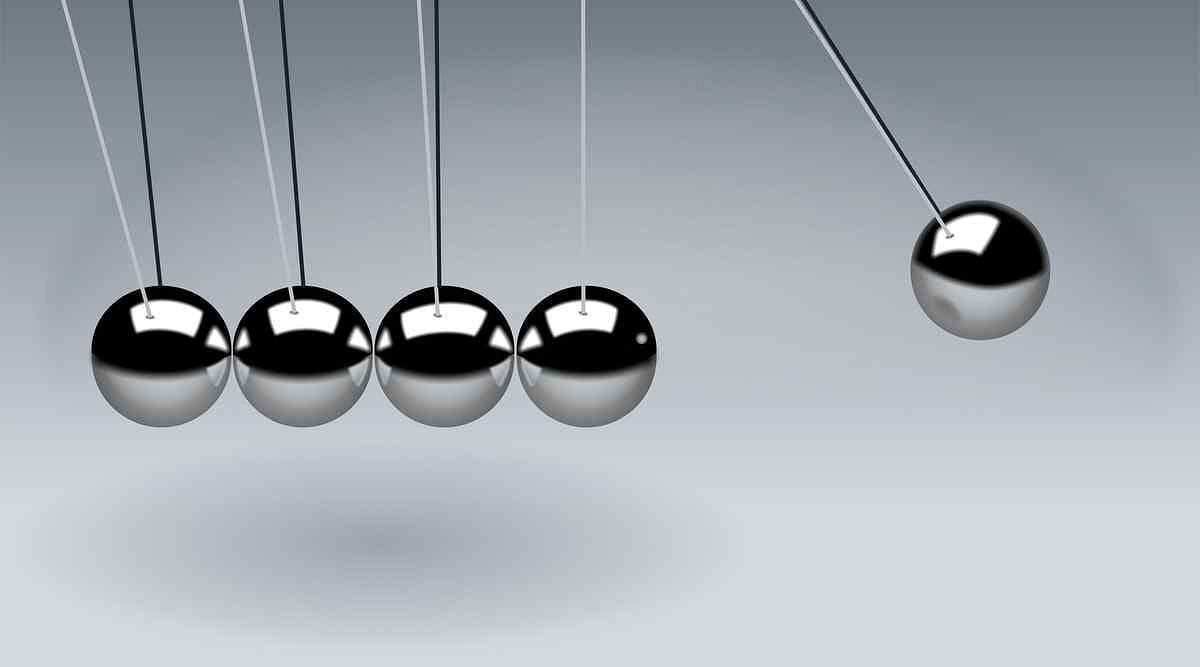


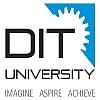


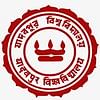
![Bharathiar University, [BU] Coimbatore](https://media.getmyuni.com/azure/college-image/small/bharathiar-university-bu-coimbatore.jpg)


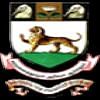
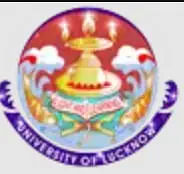
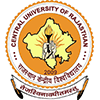







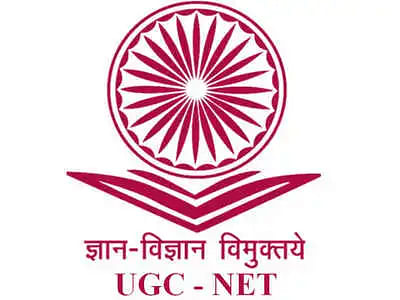




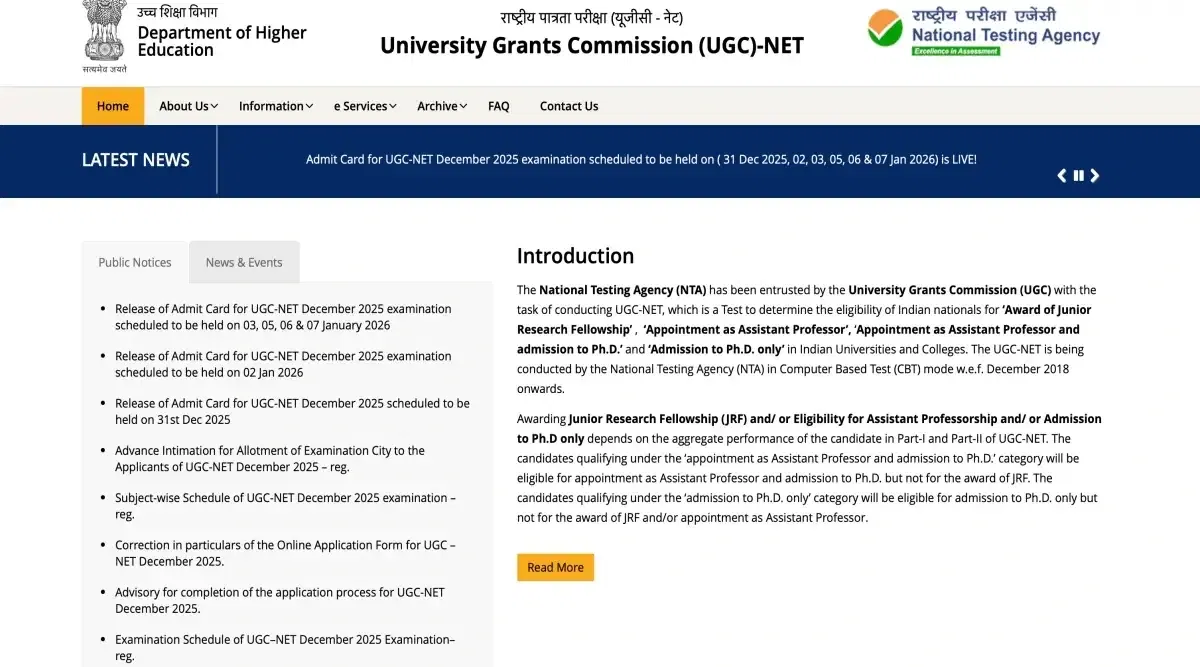


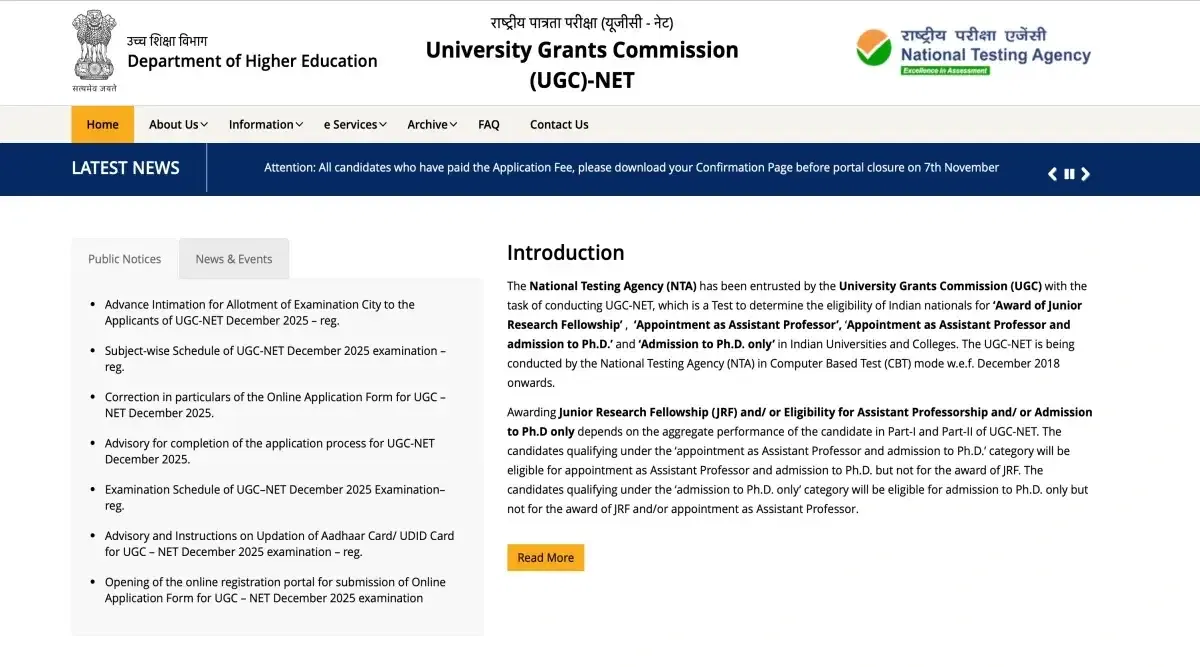

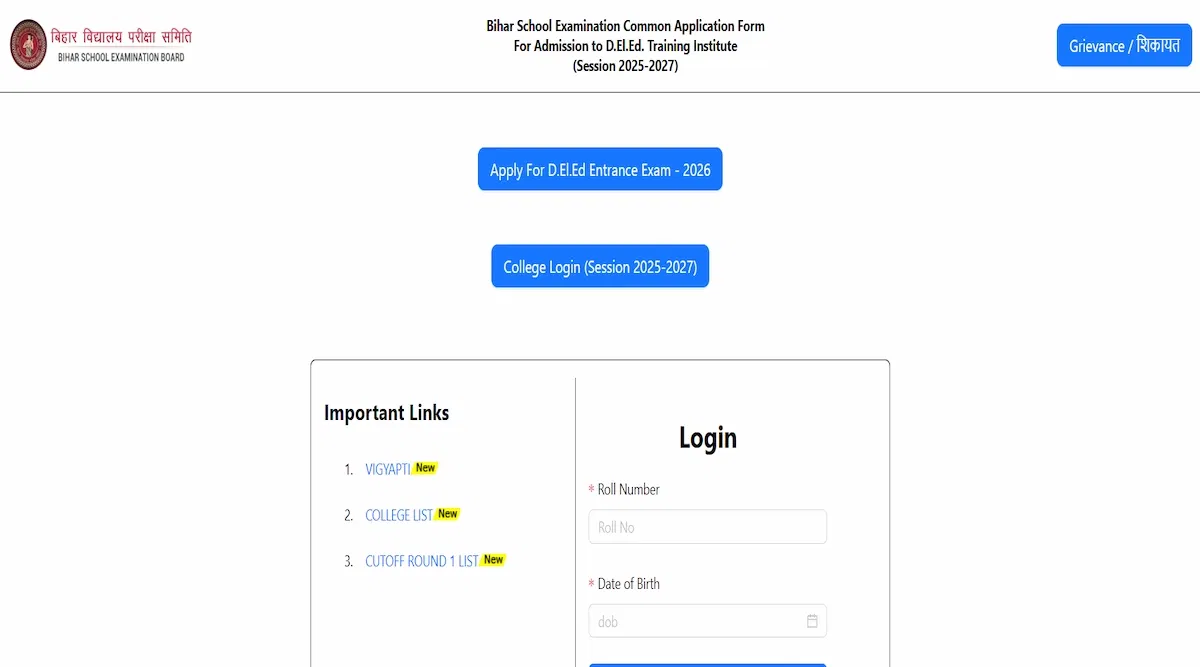
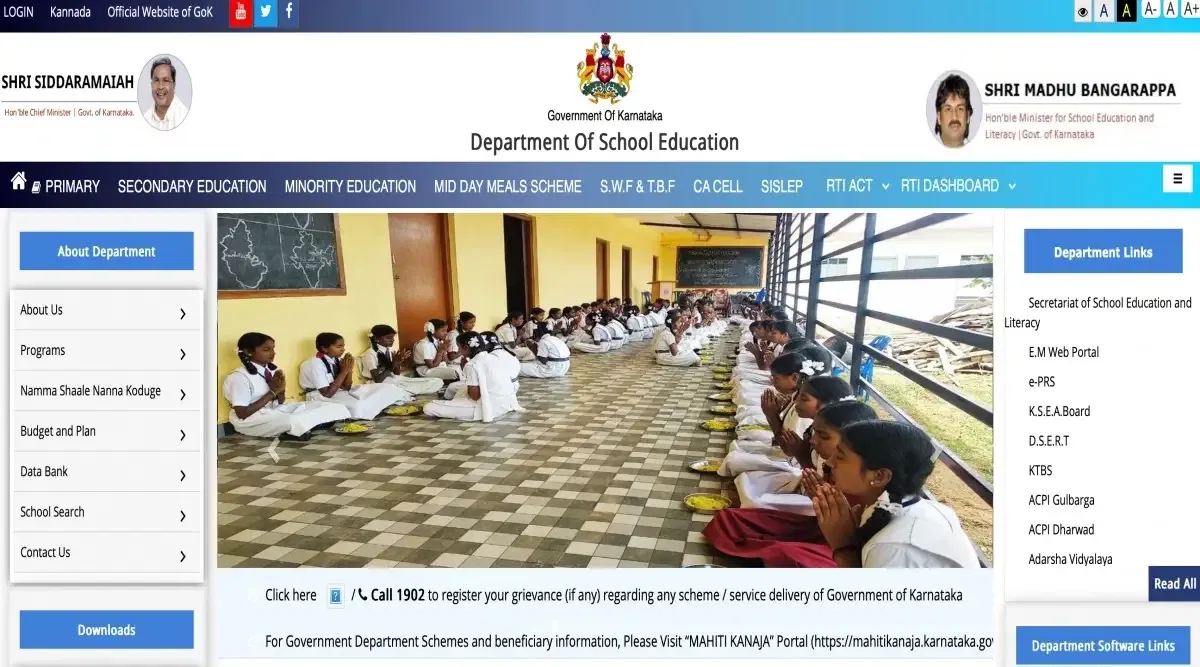

POST YOUR COMMENT